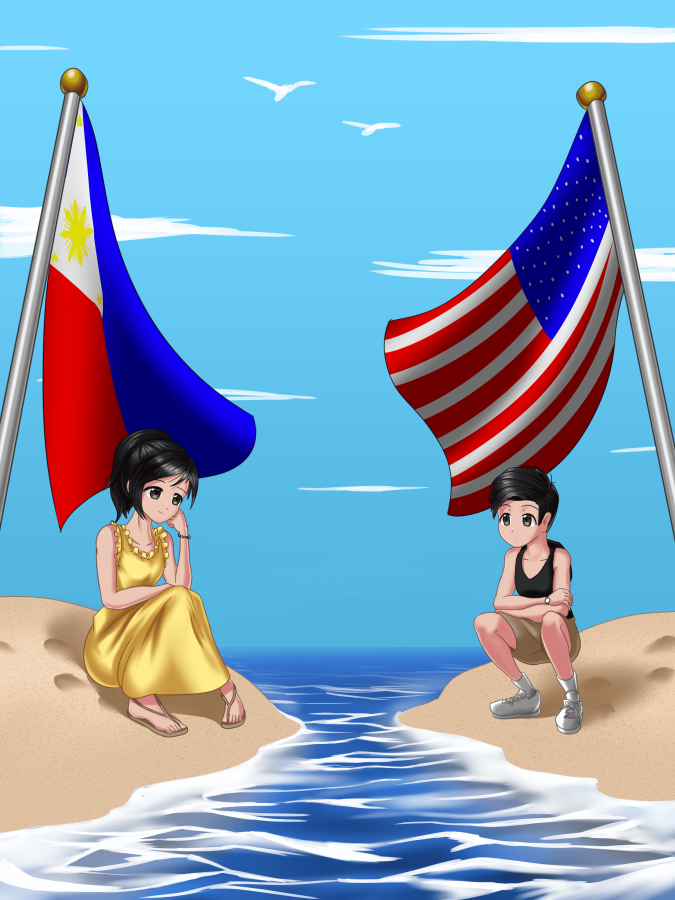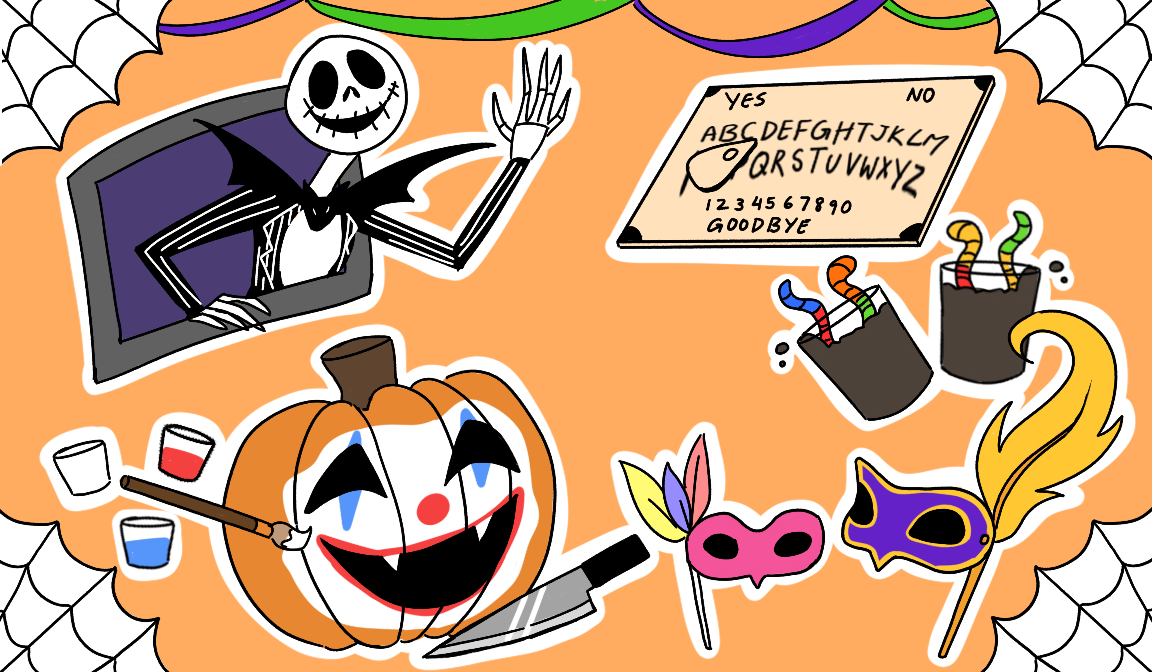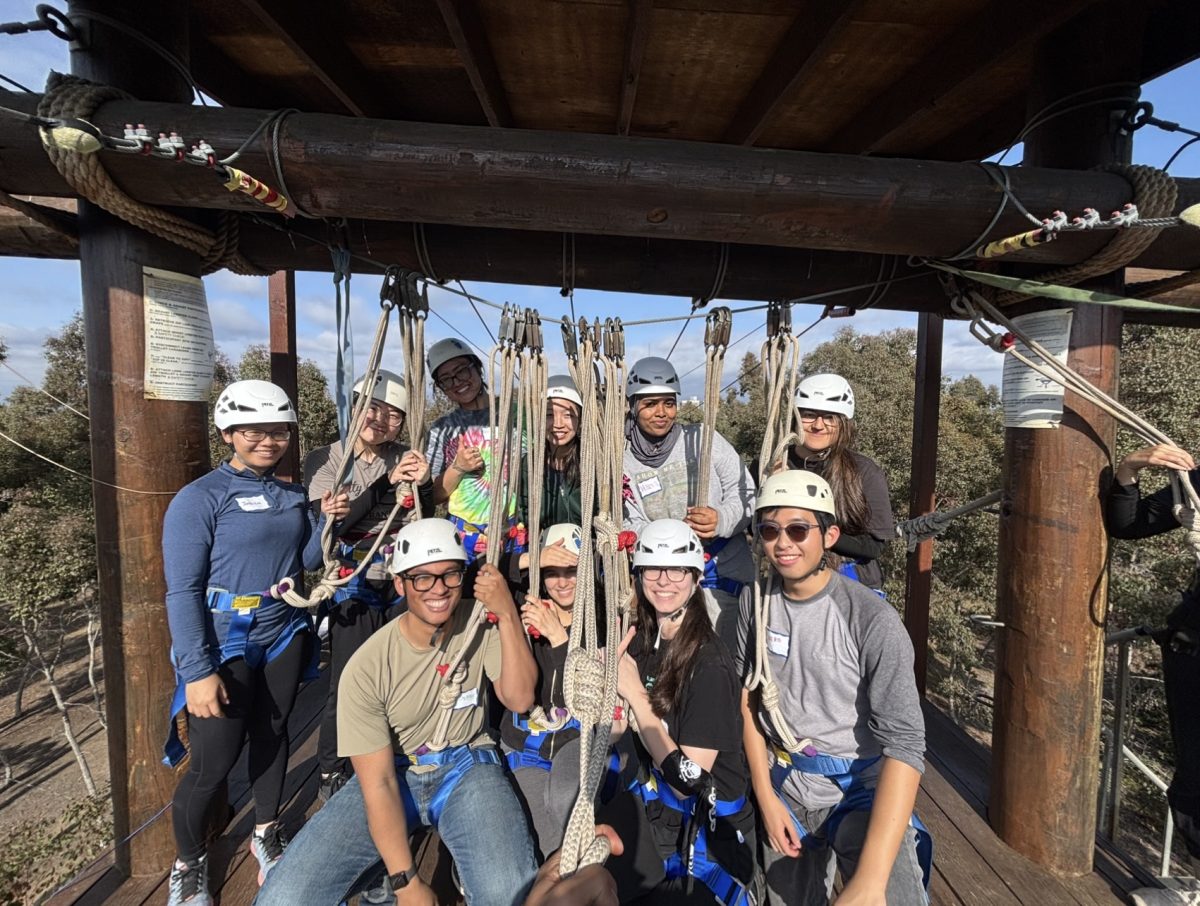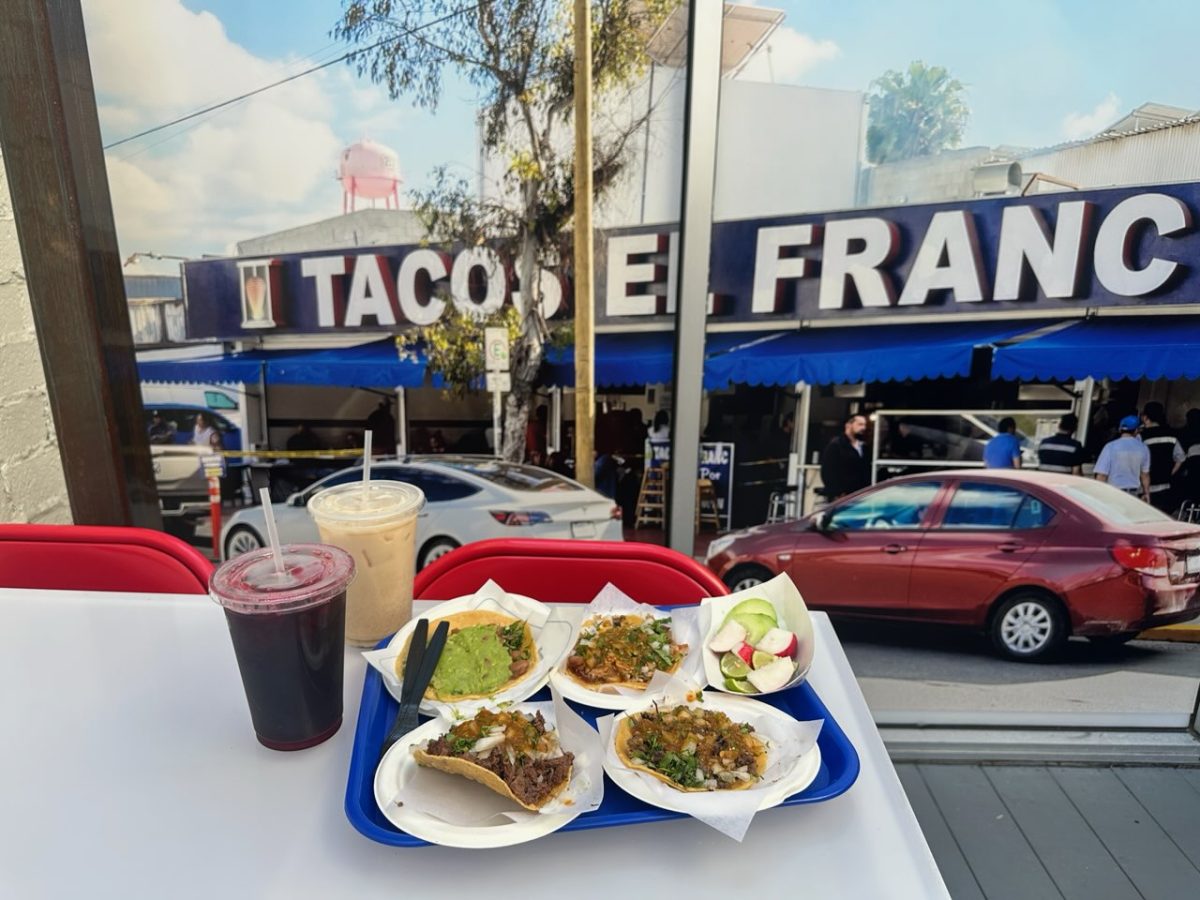[Read my previous column here.]
Though my brother and I are only four years apart, it seems like we’ve grown up in two separate worlds.
I was raised in the Philippines. On Sundays, we first went to church, and then had lunch with my dad’s side of the family before speeding across town to dinner with my mom’s side. At parties, I was the little baby that was handed off to distant titos and titas and cousins, the little girl that everyone wanted to play with. Tagalog trickled into my ears and words — “anak, bahay, mahal” — ingrained themselves into the crevices of my brain. My mother used to say that I could navigate Manila from my car seat, peering out the tinted windows at the roads and buildings in front of me, complaining that we were headed in the opposite direction from home.
My brother was transplanted into California at the ripe age of two. He grew up with my mom and me in a quiet house in the suburbs. He speaks English and middle-school-level Spanish. His favorite food is a burger. He is as American as you can get — from the mannerisms, slang, clothing — to even a sense of independence and confidence that you don’t really see in my collectivist mother and me.
I always knew we were two different kids with two different personalities. However, I don’t think I truly saw the cultural divide between us until we made our trip to the Philippines this summer.
First, there exists a socioeconomic hierarchy in the Philippines that doesn’t exist in America. Skyscrapers overshadow shacks, a visual representation of the few rich looming over the hundreds of thousands of poor. Those who can afford it definitely show it — designer clothing, lavish houses, frequent getaways. Everyone knows their place, and self-starters come few and far in-between. Climbing the ladder takes work.
My brother, like a true American, believes in the idea of equality. He doesn’t understand why some people aren’t offered the same opportunities as others. In the United States, the social status you were born into doesn’t have to be the status that you end in. He was raised with the concept of fairness in mind and was never exposed to everything different.
Family is also a major element of Philippine culture. Sons and daughters are expected to care for their parents when they are older. I have learned not to complain when I have to attend an event, no matter how boring or how tedious, because I was raised that you do so for the sake of family. No matter how many times your relatives ask you how school is or if you have a significant other yet, you answer politely.
My brother is different. He questions why we have to spend so much time with our grandparents when we’re in Manila and chooses to sit on the bed in his room and play video games instead. He often doesn’t speak with respect, reverting instead to the colloquialisms that are commonly heard among American high schoolers. Usually, we greet our elders with a kiss on the cheek when they come into the room, but I noticed that as my cousins and I stood up from the table to do so, he sat quietly, unsure.
I think the biggest difference between us is that, when we moved, I actively chose to keep Philippine culture. At nights, sometimes I’d sit with my mom as she watched “teleseryes” and attempted to pick up on the language, challenging myself to learn more Tagalog. I tagged along on trips to the Asian grocery store — taking forever to choose which Filipino dessert I wanted, helping pick out the best live crabs for our dinner that night.
My brother never did any of that, and Filipino culture was something I never felt like he valued, because it wasn’t really something he ever had for himself. He was too young to ever remember living in the Philippines, and to him, the Philippines is more like a vacation, somewhere to go to visit cousins and the beach but not somewhere he’s ever considered home.
It exists a little in him. His face lights up at the sight of bangus and rice. He’s expressed interest in joining the Filipino club at his high school. He likes to joke that he knows the phrase “Tigas ng ulo,” which means hard-headed, because it’s said to him so often.
I only hope that he grasps on to the little of the Philippines he has left and chooses to let it grow and blossom before it leaves him for good. I hope he understands where I’m coming from when I urge him to help our mom in the kitchen, hoping that the recipes will somehow stick to him in the same way that the scents of garlic and star anise and bay leaves stick to our clothes. I hope that he understands where I’m coming from when I force “pinakbet” or “kare-kare” onto his plate, making him try Filipino food after food even though he’s argued with me that he doesn’t like it — maybe his taste buds have had a change of heart. I hope he understands where I’m coming from when I ask him to stare out the car windows at Manila with me, pointing out structures and buildings that I’ve half-remembered from my youth in an effort to attach meanings to the nameless streets and alleys he’s seeing.
Because, at the end of the day, that’s where he comes from, too.
Inspired by my recent trip to the Philippines, Tales of a Philippine Life is a weekly column exploring culture, family, mindsets, home, and more. If you have a response to one of my pieces, feel free to send it along to [email protected].
[Read my next column here.]








